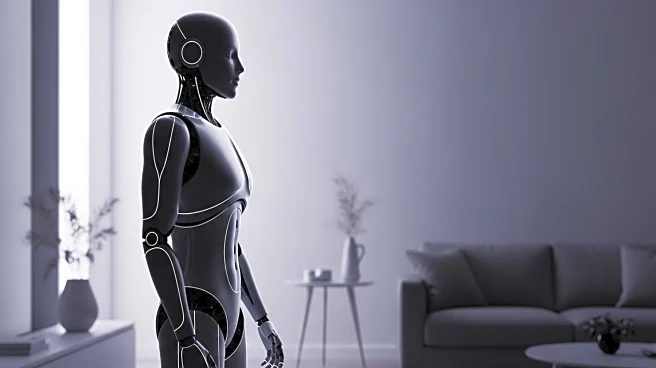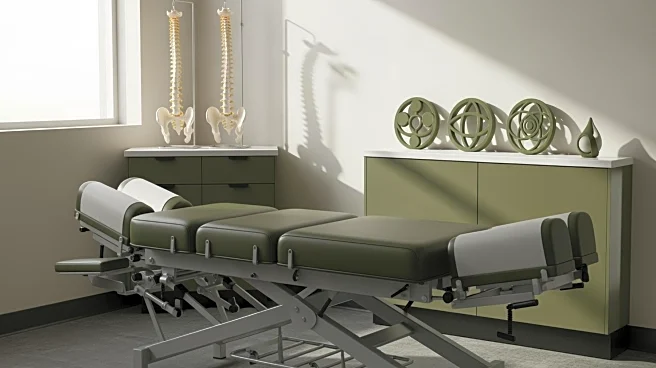What's Happening?
A survey conducted by the University of Washington explores public attitudes towards humanoid robots in homes. The study, presented at the IEEE International Conference on Robot and Human Interactive Communication, reveals that people generally prefer special-purpose robots over humanoids for household tasks. Participants expressed concerns about safety, privacy, and the uncanny valley effect associated with humanoid robots. While humanoids are seen as acceptable for certain tasks, many prefer specialized robots like Roombas for cleaning or medication dispensers for healthcare. The study highlights the challenges and opportunities in integrating humanoid robots into domestic settings.
Why It's Important?
The survey's findings are significant for the robotics industry, which is investing heavily in humanoid technology. Understanding public perceptions can guide the development of robots that are more likely to be accepted in homes. The preference for specialized robots suggests a market opportunity for simpler, task-specific devices that address consumer concerns about safety and privacy. As the population ages, the demand for assistive technologies will grow, making it crucial for developers to align their products with user needs and preferences. The study also raises ethical questions about the role of robots in personal spaces and their impact on human interactions.









